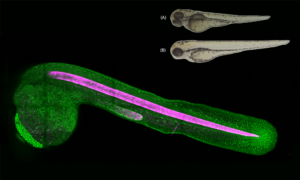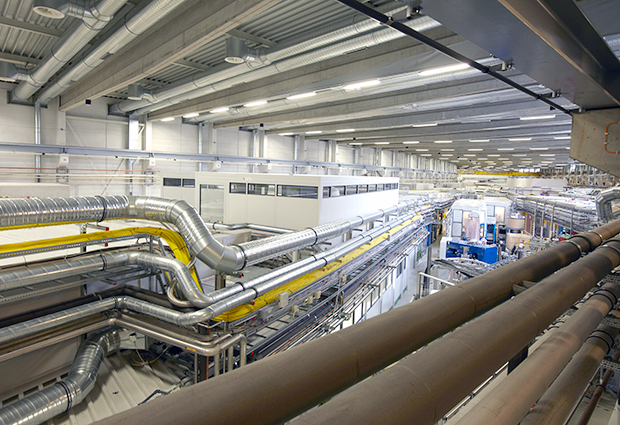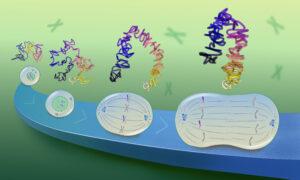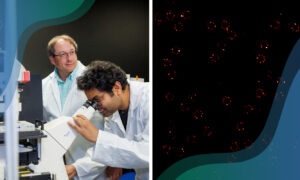
What can your synchrotron do for you?
Have you ever wondered how major pharmaceutical companies might use synchrotrons for their research? As keynote speaker at an event in Hamburg on 30 October – entitled Strukturbiologie: Potentiale für die Pharmaindustrie – Armin Ruf, Head of the Biostructure Section at the Roche Innovation Center Basel, Switzerland, gave fascinating insights into how the pharmaceuticals giant uses crystallography and small angle X-ray scattering for their structure-based drug design.

Ruf was keen to show the variety and range of situations where a visit to the beamline is useful, showing that the synchrotron can be used for so much more than determining the structure of a protein of interest: for understanding how antibodies cluster together, showing how flexible the structure of enzymes can be, maximising ligand efficiency, characterising drug candidates, and even helping to improve materials used in diagnostic tools.

The talk was part of an event organised by Life Science Nord together with EMBL Hamburg and the German Electron Synchrotron (DESY), with the aim of introducing local industries to the facilities available on the shared DESY campus. An interested group of participants also took part in a tour of the DESY and EMBL beamlines and facilities and were struck by the vast dimensions being demonstrated –the huge experimental PETRA III hall with equipment to resolve micrometre-sized crystals.
DESY directorate chairman Helmut Dosch, and Scientific Director Edgar Weckert, outlined the research possibilities available on campus, and Matthias Wilmanns, Head of EMBL Hamburg and founding director of Centre for Structural Systems Biology (CSSB), presented EMBL’s research highlights and integrated facilities for structural biology, and stressed the growing number of successful academic and industrial partnerships on the campus.


